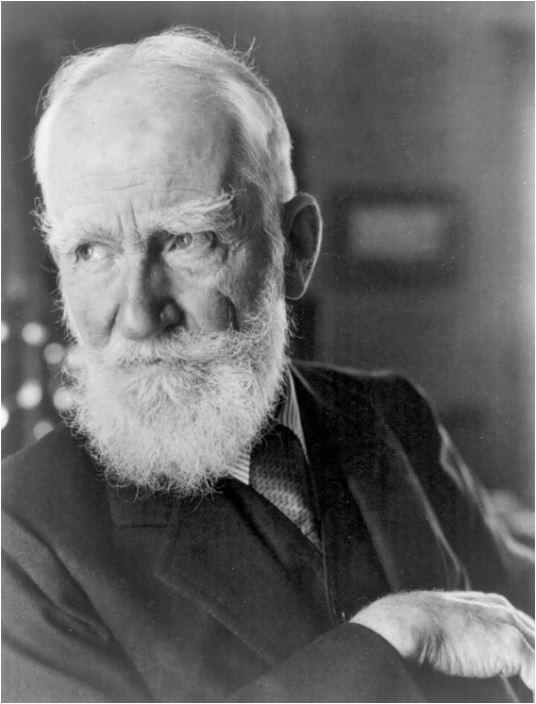Why was George Bernard Shaw Awarded the Nobel Prize for Literature in 1925?
George Bernard Shaw's Nobel Prize: A Literary Maverick's Legacy
George Bernard Shaw, an iconic Irish playwright, critic, and essayist, is celebrated as one of the most influential figures in the world of literature. He was honored with the Nobel Prize for Literature in 1925, a recognition of his exceptional contributions to the realms of drama and social commentary.
Shaw’s Early Life and Literary Journey
George Bernard Shaw was born in Dublin, Ireland on July 26, 1856. Raised in a middle-class family, he received a limited formal education but was a voracious reader from a young age. Shaw’s intellectual curiosity and sharp wit soon found expression through his writings, including music and theater criticism.
His literary career took a significant turn when he moved to London in 1876. There, he immersed himself in the city’s vibrant cultural scene and soon became a prominent figure in the Fabian Society, a group advocating for social reforms. These early experiences laid the foundation for the distinctive blend of social commentary and drama that would become Shaw’s hallmark.
The Pioneering Dramatist
Shaw’s contribution to drama was revolutionary. His plays were marked by a unique blend of humor, wit, and scathing social critique. He tackled various societal issues, challenging conventional norms and beliefs with unapologetic candor. Shaw’s works often featured strong female characters who challenged traditional gender roles, making his plays particularly relevant and progressive for his time.
One of Shaw’s most famous plays, “Pygmalion,” first performed in 1913, exemplifies his distinctive style. The play addresses themes of social class, language, and identity, and it remains a timeless classic. The character of Eliza Doolittle, a cockney flower seller transformed into a refined lady, is an enduring symbol of social mobility and the power of language to shape perceptions.
Advocating for Social Change
Shaw’s plays were not just theatrical entertainments; they were also powerful tools for social change. He used his literary platform to address pertinent issues such as poverty, education, women’s rights, and the plight of the working class. Shaw believed that theater had the potential to provoke critical thinking and inspire positive societal transformation.
His prolific literary output also included essays, reviews, and political writings, all of which contributed to shaping public opinion on various social and political issues of his time. Shaw’s passionate advocacy for socialism and his relentless pursuit of social justice earned him both admiration and criticism, but his unwavering commitment to his beliefs was undeniable.
Nobel Prize Recognition
George Bernard Shaw received the Nobel Prize in Literature in 1925, at the age of 69. The Swedish Academy acknowledged his remarkable contributions to drama and his ability to skillfully blend humor and social commentary. They praised his audacity in addressing the complexities of the human condition and society’s shortcomings, which had left a profound impact on the literary world and the broader public.
George Bernard Shaw’s Nobel Prize for Literature in 1925 was a testament to his artistic genius and unwavering commitment to using literature as a vehicle for social change. Through his plays, essays, and critiques, Shaw left an indelible mark on the world of literature and society. His works continue to resonate with audiences worldwide, inspiring generations of writers and readers to challenge the status quo and envision a more just and enlightened world.





